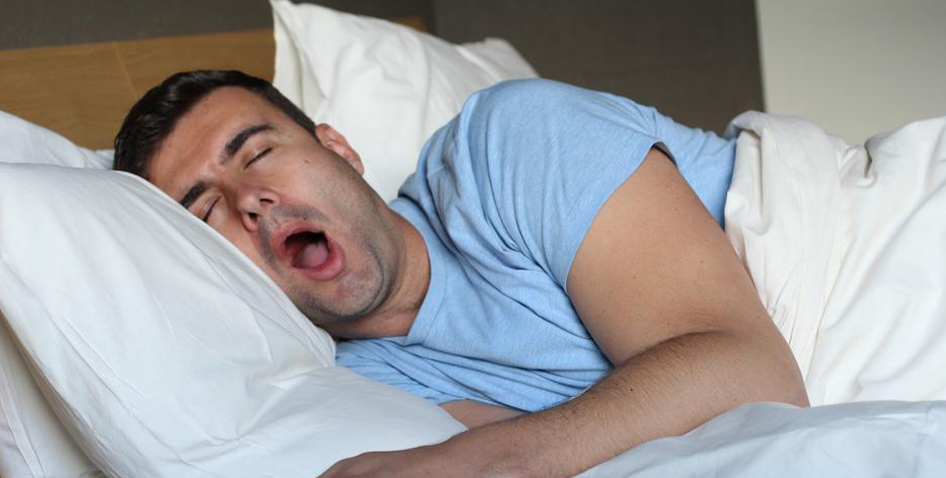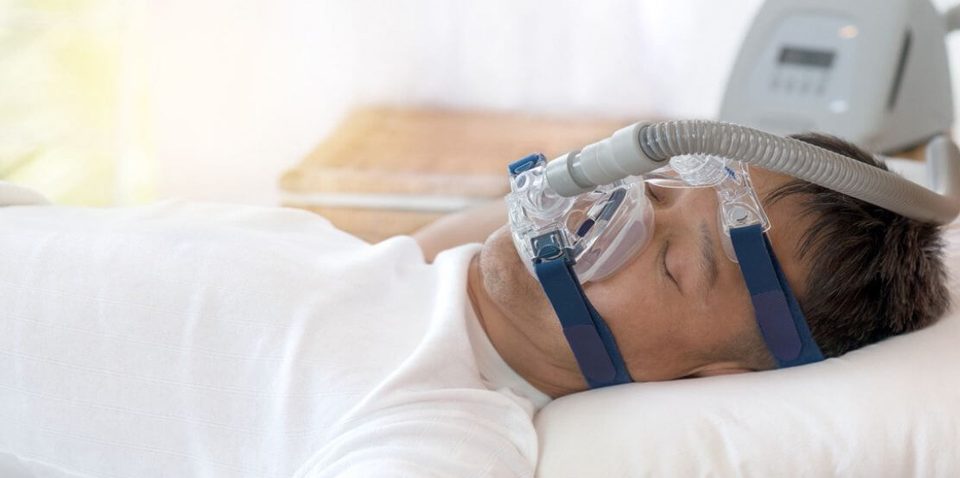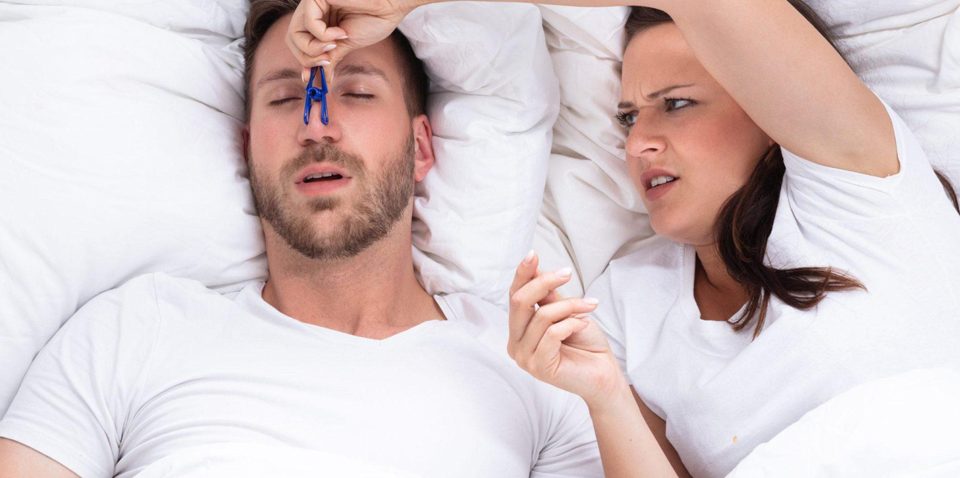Meaning of Obstructive Sleep Apnea:
Obstructive Sleep Apnea (OSA) causes disturbance in sleep because of continuous stop-and-start in breathing. Our body mends itself at night after all day’s wear and tear. OSA interrupts this process. It is one of the most common reasons for an uncomfortable sleep at night leading to lethargy.
Signs and symptoms:
Here are the most common red flags for OSA: –
- Sleeping partners report that those who suffer from OSA snore and snort loudly while sleeping. They also report frequent gasping or choking as their partners feel out of breath.
- Those who suffer from OSA feel drowsy and low on energy during the day.
- They tend to sleep at awkward times such as when at work or on the couch while watching TV.
- Poor sleep causes grumpy moods and irritability. In the worst cases, people feel depressed.
- Some people report problems in focusing at the workplace, at home, or school. This hampers their performance.
Causes of OSA:
To treat OSA effectively, it is important to figure out the cause. Here are some of the possible causes of OSA.
Narrow airways:
OSA occurs when tongue muscles roll back into the throat, obstructing the air passage for breathing. Some people have narrow airways naturally, obstructing their breath. In some cases, enlarged adenoids or tonsils also cause airways to narrow down, leading to OSA.
Obesity:
Excessive weight can cause fat to build up around the airway, blocking the air passage. OSA is a common symptom of medical conditions that lead to weight gains, such as hypothyroidism or polycystic ovary syndrome.
Age factor:
OSA tends to occur more commonly in aged people as muscles weaken over time.
Unhealthy lifestyle:
Poor habits such as smoking, drinking, and consuming processed or junk food leads to many health problems. Diabetes and hypertension become inevitable. OSA is common in people suffering from such ailments.
Hereditary OSA:
Some people inherit conditions like narrow airways, asthma, or chronic nasal congestion from their family. Hence hereditary OSA is a common phenomenon.
Ways to treat Obstructive Sleep Apnea:
Leaving the problem unattended can lead to severe medical conditions. Once you figure out the reason for OSA, you can treat it optimally. Here are different remedies for OSA.
Lifestyle change:
Adopting a healthy lifestyle is one of the most important things in life. Eating a clean diet does not only make you look and feel fit, but it also helps maintain the optimum hormonal balance. Replacing habits such as smoking and drinking with exercise and yoga can do wonders for your body and allow you to sleep well at night.
CPAP therapy:
For mild to moderate OSA, CPAP therapy is a common treatment that maintains optimum airflow at night. Alternative to CPAP therapy is the use of oral appliances that strengthen the tongue muscles, preventing them from rolling back into the throat.
BPAP machines:
Those who do not benefit from CPAP therapy resort to BPAP machines. These control the air pressure separately for inhaling and exhaling.
It is best to treat Obstructive Sleep Apnea at the right time before it leads to other health problems such as the risk of cardiovascular diseases.




